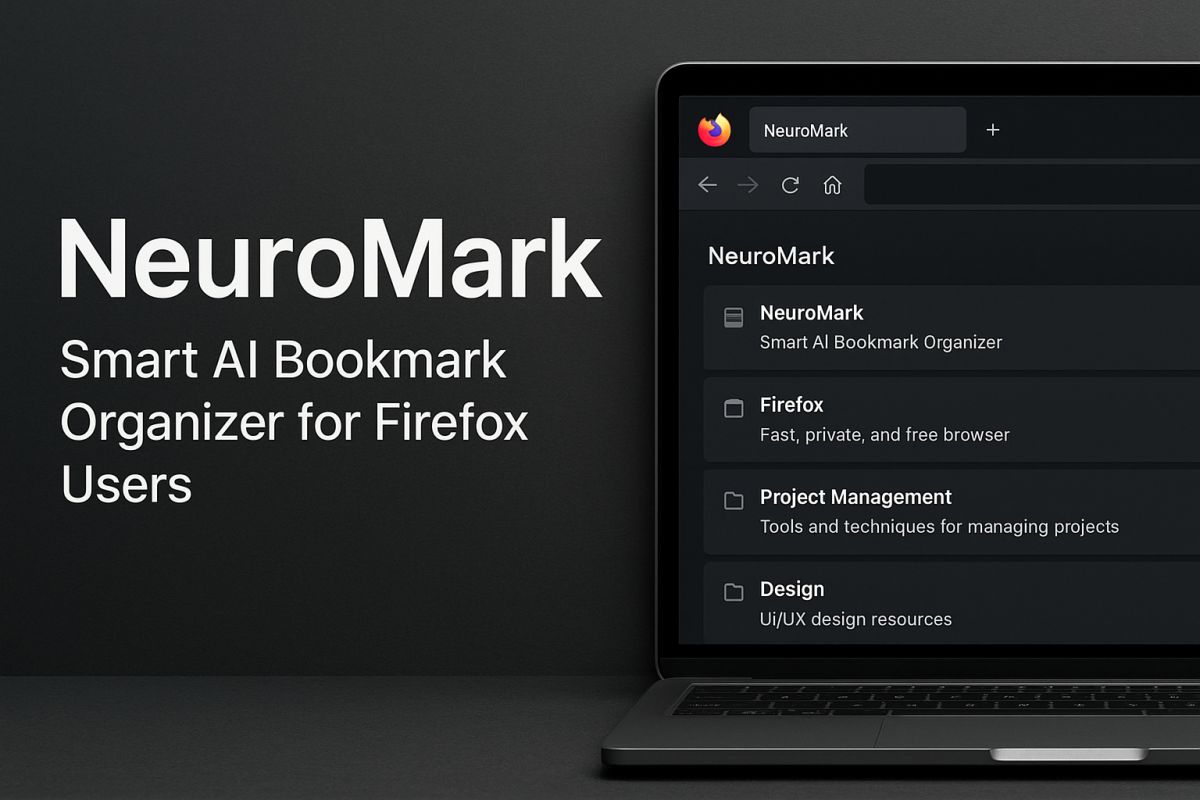Master AWS Certifications: Key Steps for Aspiring Cloud Professionals

Mastering Amazon Web Services (AWS) certifications is a significant step for aspiring cloud professionals. This guide outlines the key steps to achieving AWS certification success.
Unlock AWS Success: The Essential Certification Roadmap
1. Define Your Goals:
- Identify your desired role: Determine the specific AWS certificationthat aligns with your career aspirations. Options include Solutions Architect, DevOps Engineer, SysOps Administrator, Security – Specialty, and more. Each certification focuses on different areas of expertise within the AWS ecosystem.
- Set clear learning objectives: Outline the knowledge and skills you need to acquire. This may involve mastering AWS services like EC2, S3, Lambda, and IAM, understanding cloud security best practices, and developing proficiency in automation and orchestration tools.
2. Build a Strong Foundation:
- Gain foundational AWS knowledge: Start with the AWS Fundamentals course, which provides an overview of AWS concepts, services, and security. This course serves as a valuable introduction to the AWS platform.
- Develop hands-on experience: Utilize the AWS Free Tier to experiment with different AWS services and gain practical experience. This hands-on experience is crucial for understanding how AWS services work in real-world scenarios.
- Leverage free learning resources: Take advantage of free online courses, tutorials, and documentation available on the AWS website.
3. Choose the Right Learning Path:
- Select a learning path that suits your learning style:
- Self-paced learning: Utilize online courses, tutorials, and documentation for flexible learning.
- Instructor-led training: Enroll in instructor-led training programs offered by AWS or authorized training partners for structured learning and guidance.
- Bootcamps: Consider intensive bootcamps for accelerated learning and focused exam preparation.
- Select high-quality learning materials: Choose reputable training providers and ensure the learning materials are current and comprehensive.
4. Develop a Study Plan:
- Create a realistic study schedule: Allocate dedicated time for daily or weekly study sessions.
- Break down the exam objectives: Divide the exam objectives into smaller, more manageable topics.
- Utilize study aids: Utilize flashcards, mind maps, and practice exams to reinforce your learning.
- Stay consistent and motivated: Maintain consistent study habits and find ways to stay motivated throughout your learning journey.
5. Hands-on Practice is Essential:
- Gain hands-on experience with AWS services: Use the AWS Management Console, AWS Command Line Interface (AWS CLI), and AWS SDKs to interact with AWS services.
- Build and deploy applications on AWS: Develop and deploy applications using AWS services such as EC2, S3, and Lambda.
- Automate tasks using AWS tools: Learn to automate tasks using tools like AWS CloudFormation and AWS OpsWorks.
- Contribute to personal projects: Utilize AWS services for personal projects to gain practical experience and build your portfolio.
6. Master Key AWS Services:
- Focus on core AWS services: Gain deep knowledge of foundational services like EC2, S3, VPC, IAM, and Lambda.
- Understand key concepts: Master important concepts like networking, security, storage, compute, and serverless computing.
- Explore service-specific certifications: If you plan to specialize in a particular area, delve deeper into the relevant services.
7. Prepare for the Exam:
- Take practice exams: Simulate the real exam environment by taking practice exams.
- Analyze your performance: Identify your strengths and weaknesses and focus your study efforts accordingly.
- Join study groups: Connect with other aspiring professionals through online forums or study groups for peer learning and support.
- Review exam documentation: Familiarize yourself with the official AWS certification exam guide for detailed information on exam objectives, format, and policies.
8. Exam Day Strategies:
- Manage your time effectively: Allocate sufficient time for each section of the exam.
- Read questions carefully: Ensure you understand the question before selecting an answer.
- Eliminate incorrect options: Use the process of elimination to narrow down your choices.
- Flag challenging questions: Flag challenging questions to revisit later if time permits.
- Stay calm and focused: Maintain a calm and focused mindset throughout the exam.
9. Continuous Learning:
- Stay updated with the latest AWS technologies: The cloud computing landscape is constantly evolving. Regularly update your knowledge by following AWS blogs, whitepapers, and attending AWS Summits.
- Pursue advanced certifications: After achieving your initial certification, consider pursuing advanced certifications to further enhance your skills and career prospects.
- Contribute to the AWS community: Participate in online forums, share your knowledge with others, and contribute to open-source projects to enhance your learning and networking opportunities.
- Build a strong professional network: Connect with other AWS professionals through online platforms and industry events to expand your network and gain valuable insights.
10. Build a Strong Portfolio:
- Document your AWS projects: Create a portfolio of your AWS projects, showcasing your skills and accomplishments.
- Highlight your AWS certifications: Include your AWS certifications on your resume and LinkedIn profile.
- Seek feedback: Seek feedback on your work from experienced AWS professionals.
- Showcase your AWS expertise: Actively participate in AWS community events and share your knowledge through blog posts or presentations.
By following these steps and maintaining a consistent learning approach, you can significantly increase your chances of achieving AWS certification success. Remember that continuous learning and a dedication to staying current with AWS technologies are essential for long-term success in the cloud computing field.









